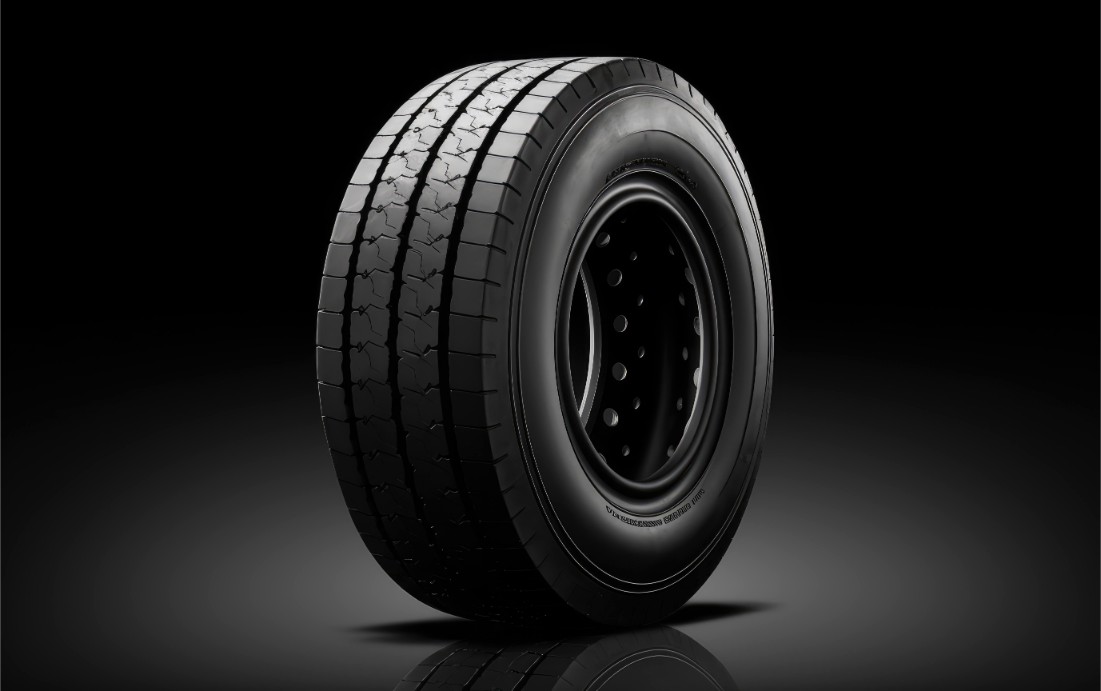
The transport industry is taking a huge focus on sustainability. Among many aspects, the choice of tyres for heavy commercial vehicles (HCVs) often gets overlooked when reducing carbon emissions. The right tyres can contribute to fuel efficiency, reduce waste, and decrease the carbon footprint of logistics in general.
The Role of Tyres in Carbon Emissions
Tyres play a very critical role in the overall fuel efficiency of a heavy commercial vehicle. The poor or improper maintenance of tires leads to an increase in rolling resistance, thereby making the engine work harder and consume more fuel. This results in higher carbon dioxide (CO2) emissions. Fleet operators can therefore reduce their impact on the environment by selecting high-quality, fuel-efficient tyres.
Advantages through Selecting Sustainable HCV Tyres
Improved fuel efficiency Low rolling resistance tyres are designed to reduce friction between the tire and the road, which leads to improved fuel efficiency. Studies show that fuel-efficient tires improve mileage by up to 10%, which represents a lower fuel consumption rate and reduced emissions.
Extended Tyre Lifespan Sustainable tyres are designed with advanced tread compounds and innovative designs that enhance durability. Longer-lasting tyres mean fewer replacements, reducing the environmental impact associated with tyre production and disposal.
Reduced Waste and Recycling Initiatives Many tyre manufacturers are now investing in sustainable production processes, including the use of recycled materials and eco-friendly components. Retreading is another effective way to extend tyre life, minimizing waste and lowering resource consumption.
Lesser maintenance costs: HCV tyres come in high-quality and are seldom replaced or reparable, lowering the overall costs of maintenance. Also, they reduce uneven tire wear and offer improved vehicle performance, which sustains the longevity of the truck.
Tips on Sustainable HCV Tyres:
Use Low rolling resistance tyres : This is mainly the tyres specially designed to raise the fuel economy and reduce exhaust emission.
Opt for Retreadable Tyres: Retreading will increase tyre life and, in turn reduce environmental degradation.
Check for Eco-Certifications: Many manufacturers now provide eco-friendly certifications indicating sustainable practices in tyre production.
Regular Tyre Maintenance: Ensure correct tyre pressure, alignment, and rotation to maximize efficiency and longevity.
Conclusion
Heavy commercial vehicle carbon footprints can significantly be reduced with the right choice of HCV tyres. Sustainable tyre options and maintenance practices for fleets will not only help in supporting a greener future but also save costs while ensuring superior vehicle performance. Investing in eco-friendly tyres is not good for the planet alone but sound business logic that ultimately spells long-term efficiency and sustainability.







